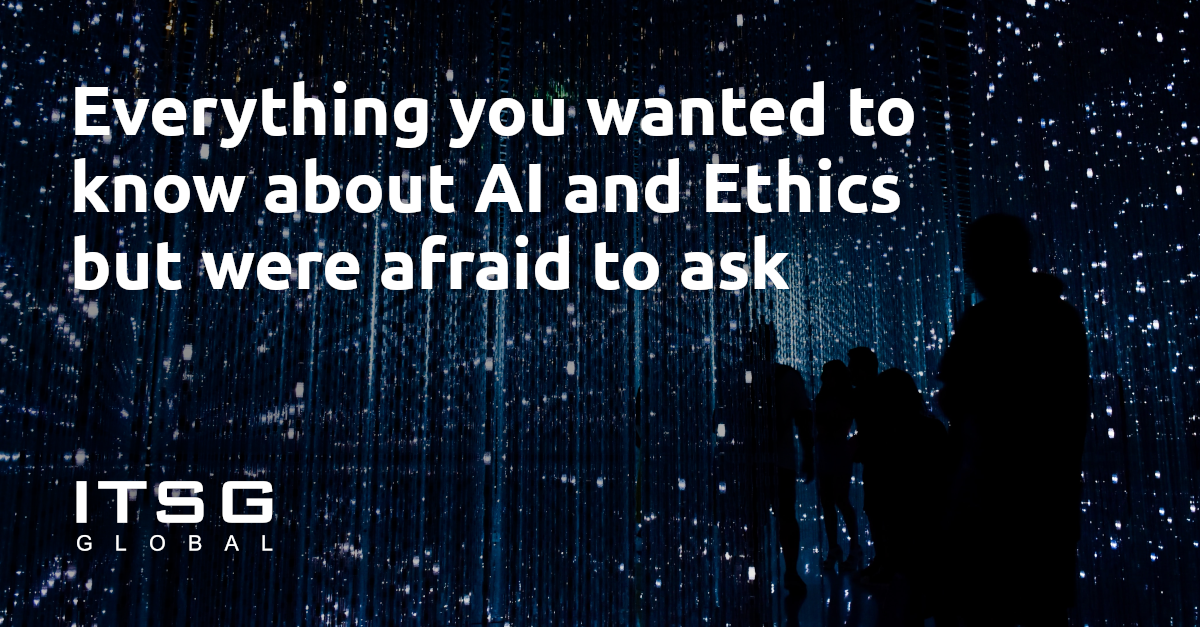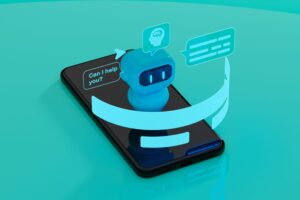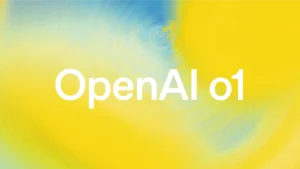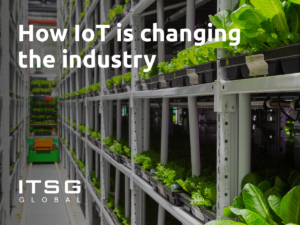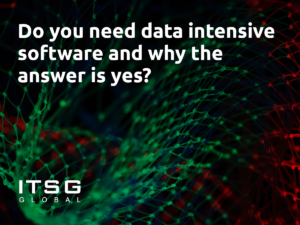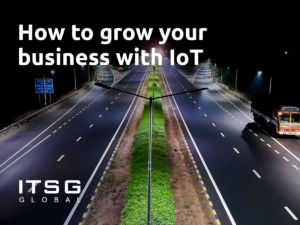9 February 2023
AI is the future and modern companies which want to stay relevant in upcoming years need to understand the unquestionable benefits of incorporating it into their business. AI solutions are commonly used to improve the quality of the final product, speed-up the production, limit the number of mistakes, save time, cut costs, maintain the equipment and many more. It must be highlighted that data is one of the most important assets of any company, and AI helps to analyse the data in a manner and speed that is impossible for humans. From an economical point of view implementing AI has a number of advantages and it definitely should be considered by business owners.
The question arises – but is it sustainable? And how AI will change the CSR landscape of the future.
ARE PEOPLE DATA?
One of the doubt-provoking issues is the question of who will have access to our data and for what specifically it will be used.
Since data is power, one should ask questions in what manner the data will be processed and analysed. When it comes to production, AI is a great tool, which helps to predict when our client will need more of our product or what changes can be made to improve the production process. The whole purpose of using AI is to increase customer’s satisfaction, so it shouldn’t go wrong.
On the other hand, one should have second thoughts, when AI is used for recruitment processes and planning future promotions in the structure. Since it analyses raw data, it will treat people the same way it processes numbers and production requests. Will it improve HR work? Possibly. Will it be ethical and fair? Not necessarily.
Surveys are a popular method of checking employees’ satisfaction. If they contain yes/no question, it’s easy to analyse respondents and segregate them based on age, race group or sex. From there it can go downhill. If statistically people from a specific group present low interest in growing within the company, it might be difficult for individuals from that group to be promoted. Or if the internal system points out that representatives of specific sex/race take sick leaves more often, it might bias recruiters when hiring new people. Personal data should be therefore separated from general data.
Especially, if people who provide data are not aware how it will be used. Which also might lead to abuse, such as not reporting overtime to look like one works faster than they actually do.
Conclusion? If human factor is involved as some kind of outcome, humans should make the final call.
ARE BONDS LESS RELEVANT THAN DATA?
Finding partners in business looks like a quite easy thing to do – one finds a company that can effectively join the supply chain and AI can help by optimising all the important factors like price, speed of delivery or geographical closeness which influences costs of transport. So generally – yes, AI will optimise whatever is important to create a smart supply chain. By analysing delays and complaints it will teach itself to choose the best partners for our business with one goal in mind – increase the profit.
Except it’s maybe not unethical, but just… a little inhumane.
Of course, nobody expects a business to be a charity operation and it’s understandable that providing profits is the whole point of running a company. Yet, there are some good examples such as IKEA, which for some of their products haven chosen a different approach by cooperating with people not because AI calculated it’s a smart thing to do, but because the company wanted to offer a possibility of making a living within their supply chain. Is it also a marketing move? Of course it is. But does it provide income for people? Yes.
Conclusion? Sometimes placing an order at a smaller supplier might not be considered “smart” by AI, but it has many other benefits. Including inspiring loyalty for the future and being a responsible and sustainable company.
CAN AI BE HELD ACCOUNTABLE?
Whenever a human makes a mistake, they can be held accountable for their action. It’s not the same with AI and therefore it would be fair, if there was a chain of responsibility with the AI delivery workflow. Algorithms should support decisions not make them, especially if human factors are involved.
If the AI is implemented to deliver a public service, it is even more important that it should go through Stakeholder Impact Assessment and the affected persons should be fully informed about both the benefits and potential risks.
Let’s use an example. Assuming we use AI for handing out pills. It’s a great tool for workers who work with the elderly or disabled people. Since AI is giving the exact medication at the exact time based on stored data, it gives the worker more time to focus on other needs of their patients. Still, all people included should be aware that mistakes happen, which doesn’t make the system worse than human employee (since humans also make mistakes), yet in case of a mistake it’s not clear who should be held responsible. And that’s why rigorous testing is a must.
CONCLUSION – AI IS NOT HERE TO TAKE AWAY YOUR JOB OR ANYTHING ELSE
Finally, will AI replace us all? Most probably not. Quite often AI is used for work that not necessarily can be performed by humans – such as analysing huge amounts of data.
AI is fit for repetitive tasks with no external forces that can influence the system. AI doesn’t imitate a person, but is put in place, when mistakes happen because of routine and tiredness. In the long run it might create some changes on the market, but it creates other positions at the same time.
There are some ethical concerns that should get attention, but in the end AI is supposed to support some decisions ultimately made by humans and not make all of them. And with that in mind, using AI sounds like a good idea to increase the quality of life.
Author: Leszek Warzecha, Marketing Specialist
